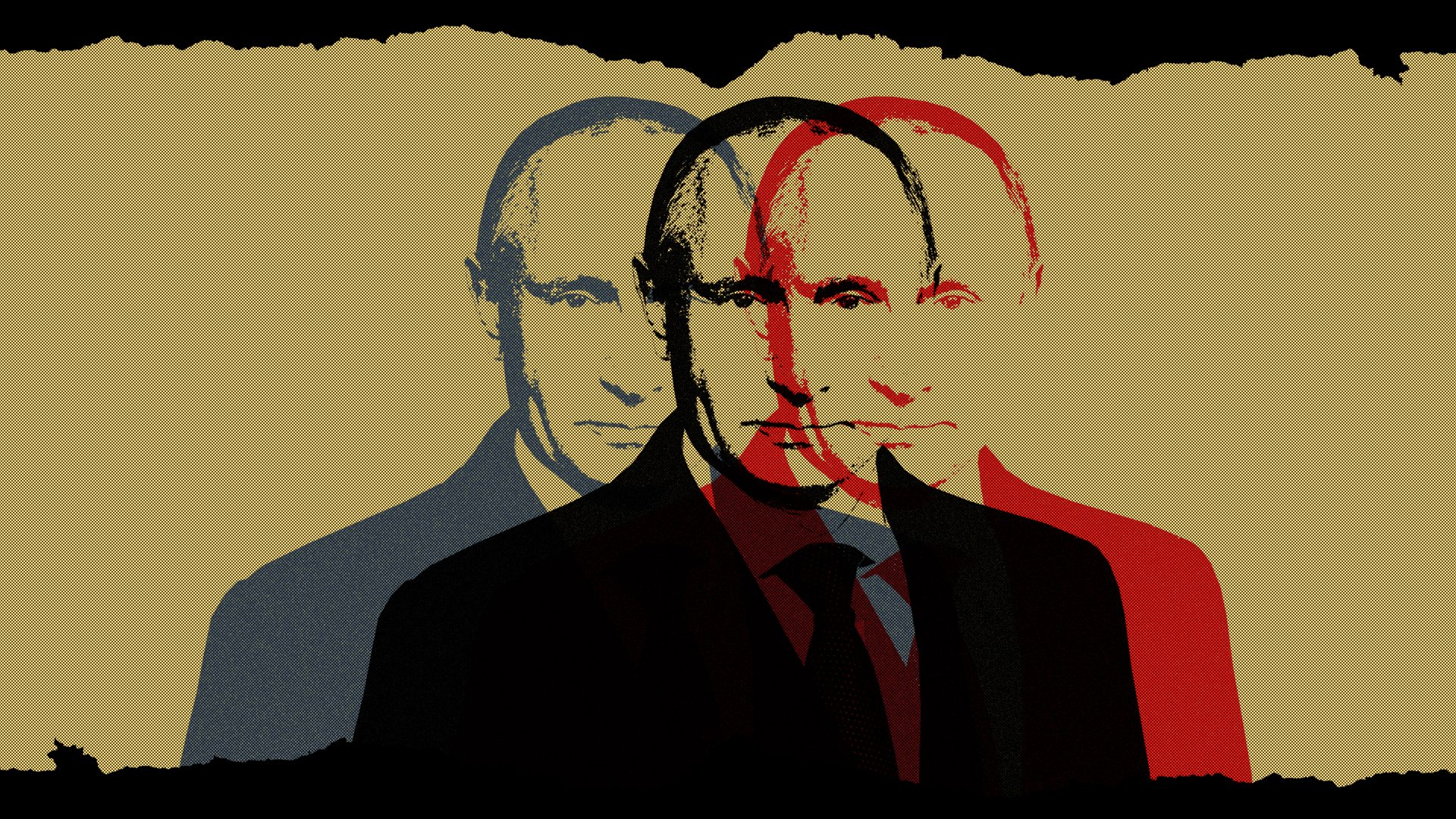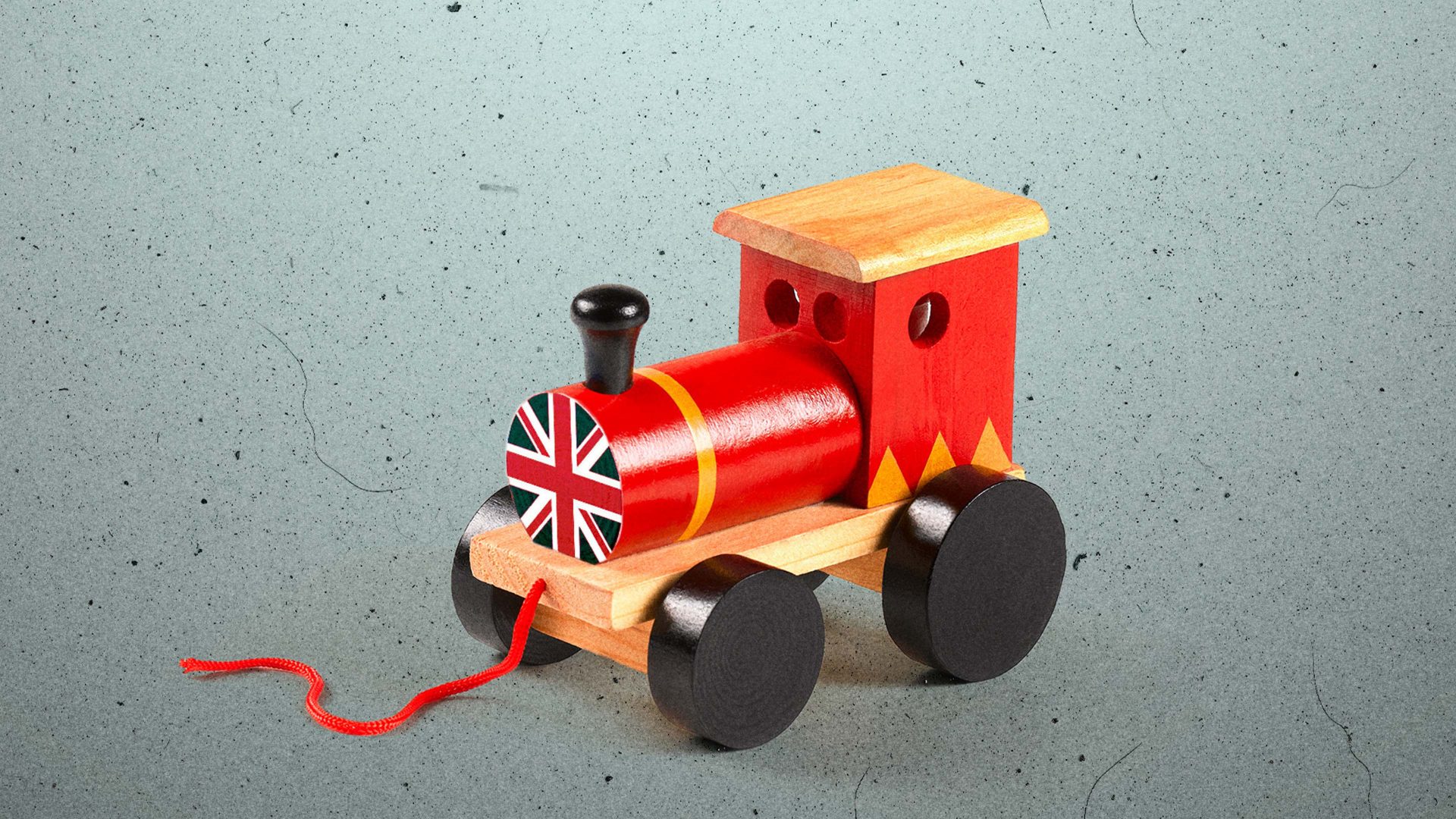It was a mixed week for Vladimir Putin. On the one hand, Russia’s Luna-25 mission – which aimed to land a space probe on the dark side of the moon – ended in abject failure. On the other, he managed to kill Yevgeny Prigozhin and the leadership of the Wagner group, probably by means of a bomb planted in the undercarriage of their plane.
Both missions produced a pile of flaming wreckage. But the contrasts are ominous. The Russian military-industrial complex can still excel at low-tech murder, as its victims across Ukraine can attest. But its hi-tech capabilities are being degraded by a mixture of Western sanctions, a brain drain and oligarchic incompetence.
Luna-25 was supposed to be guided onto the Moon’s surface by a camera produced by Airbus. But the European Space Agency nixed that in February 2024. The entire vessel was weighed down with heavy, Russian-designed navigation kit, halving the space for scientific equipment.
Previous Russian space missions have ended in failure due to cut-price components, while the very cosmodrome that Luna-25 was launched from was the subject of an embezzlement probe.
The killing of Prigozhin and the failure of Luna-25 highlight a broader asymmetry in Russia’s ambitions to play Great Power politics. Wagner was Putin’s agency for destabilising the Sahel region of Africa, limiting Western access to the vital mineral deposits there and triggering a stream of migrants towards the Mediterranean.
But to play the Great Power game at the highest level, you need to be in space, which has during the past 20 years developed into a fully fledged “domain” of warfare, on a par with land, air, sea and cyber. And it’s here, despite its spectacular infrastructure and long history of space flight, that Russia is falling behind both the US and China.
Satellites for military use come in four flavours: reconnaissance, navigation, communication and early warning of missile strikes. Reconnaissance is done using high-resolution cameras; navigation uses GPS or the GLONASS system to guide both troops and missiles; communication satellites allow troops, ships and aircraft to see the battlefield and talk to each other; early warning systems are there to spot ballistic missile launches.
Russia deploys all four types, but over the past decade has fallen seriously behind in optical reconnaissance satellites. It has only two working, and a spate of recent launches failed to solve the problem because the components quickly broke down. Meanwhile, as Ukraine has used the Elon Musk-owned Starlink system to enhance its battlefield comms, the heavily state-directed Russian system has no equivalent.
Putin has no private sector entrepreneurs to call on, and is starved of key technologies by Western sanctions. As a result, say experts, Russia has ended up with the wrong mix of land, sea and space technologies. And though it is one of three countries to have shown it can shoot down a satellite, it has not done so in this conflict. The diplomatic cost-benefit analysis would be negative and it wouldn’t help, because Ukraine is most likely getting real time satellite information from the US, whose satellites Russia cannot attack.
But as India’s successful moon landing last week shows, space is now well and truly a domain into which earth-based conflicts and ambitions are being projected. And it’s causing strategists to rethink some basic assumptions.
We’re seeing two simultaneous developments: political and technological. Politically, we’re experiencing an overt challenge to the “rules-based global order” established after 1945: that was the core principle on which Putin and Xi Jinping agreed in their 4 February 2022 statement.
Up to now, diplomats and the military have tended to think about space like they think about the earth’s oceans: a region that no country can own, where control is difficult, and where the “right of innocent passage” is assumed. You can put stuff where you want and go where you want regardless of terrestrial limitations. Indeed, the attempt to establish international legal norms in space has been based on maritime law.
But if the very concept of a rules-based order is contested, with countries justifying annexations, gross human rights violations and increasingly limiting free passage at sea, suddenly every part of space, from the Moon and Mars to the low earth orbits of internet comms satellites, becomes the subject of competition.
At the same time, as space technologies become cheaper and more essential to everyday life, if you contest and disrupt Space, you can do the same to people’s ability to make a phone call, send an email, drive a car or deliver a parcel. And, of course, you can disrupt the military equivalents, which are comms, targeting and reconnaissance.
So instead of a peaceful domain, modelled on the sea, space is being conceived as a rules-free site of contestation, modelled on a saloon in the Wild West. And if that is true of the earth’s exosphere, how much truer could it be of the Moon in 20 years time?
For the UK, the Russian failure and Indian success in space should be a wakeup call. Our space industry excels in the very technologies Russia fails in: hi-tech sensing, navigating and control devices. But every attempt at building a reliable launch platform has failed, most recently with the Virgin Orbit failure in May.
After decades of neglect, it’s time to think seriously about space as a national security priority: as in all other spheres, China’s rise means Western dominance is no longer assured. And as the failure of Luna-25 showed: rocket science is actually hard.




